Mission Report, June 2019, Realm Makers Bookstore in Pennsylvania
“Explain this to me,” said an eager and curious parent at our booth.
Her eyes along with many other eager, curious eyes scanned the Realm Makers Bookstore at the Christian Homeschool Association of Pennsylvania earlier this month (June 14–15).
As the brainchild of Realm Maker’s founders, the Realm Makers Bookstore was designed to spread the word about science fiction and fantasy stories written by Christian authors.
And I, as an author-volunteer with the bookstore during its Lancaster stop, had the distinct pleasure of talking with homeschooling parents and homeschool vendors about the books curated by Scott and Becky Minor.
We handed out bookmarks with discount codes. These invariably created a segue into discussion about the books on the tables and stands. When we explained that all the books—some with eye-catching covers and posters of characters with swords or a disassembled robot—were written by Christian authors, attendees often stopped in their tracks.
Of course, we have seen Christian-authored speculative novels for decades. (Foregoing C. S. Lewis, look at Frank Peretti, who was first published in 1986, thirty-three years ago!) Still, I am still amazed when I encounter someone who says, “I had no idea books like this existed!” And I love that readers want to understand how this works. How do novels infuse a touch of the supernatural, or explore technology, all while pointing to biblical concepts like good versus evil or a loving Creator?1
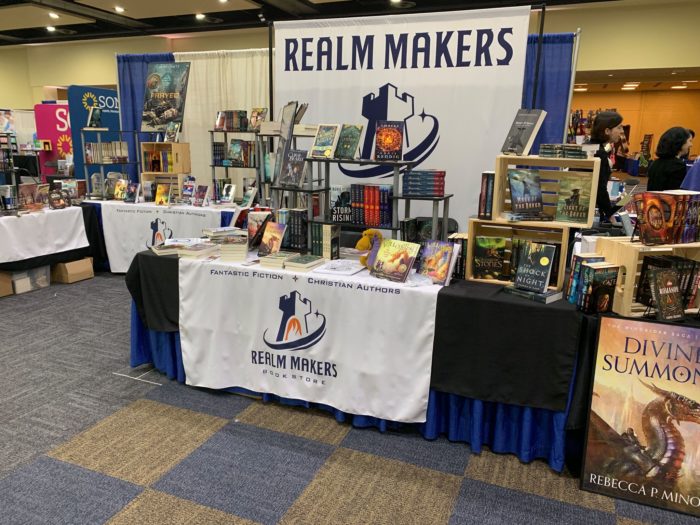
I stood on that convention floor, talking with parents and teens, and discussing the unique fiction before them. And I repeatedly heard parents say their children loved books like this, but so many of the books have content they aren’t willing to introduce to their young, impressionable minds.
At this, we told parents about the bookstore’s free downloadable PDF with a list of the mobile bookstore’s inventory, along with information on the type of content these books have. It’s an incredible resource that had parents whipping out cell phones to find that document!
One of the most beautiful things I saw at this convention and working the booth was the willingness to dialogue.
We were concerned about rejection and closed-mindedness, but we found curiosity and genuine interest.
“How does that work?” was an oft-posed question. It afforded the opportunity to talk about stories (and what writer doesn’t love that?)! Though most of us working the booth had written a book that was on hand, we were also there to promote our friends’ titles.
It was obvious that at this conference, the attendees as a whole were on the more conservative side than other conventions where the Minors had brought their the mobile bookstore. The respect and openness of the Minors to this convention and its attendees paved the way for honest discussion.
In one situation, I talked with a wife and mother who had teen children who loved this type of fiction, but were concerned about ideas and graphic content that made it difficult for her to be confident in allowing her children to read the books.
Another mom gripped my arm and nearly teared up. “You have no idea,” she said, “what’s happening in our libraries.”
She told me she worked a small “podunk” (her word) library, where she said drag queens were renting the children’s reading room—and she said that if anyone rents the room, the library must let them do what they want. She was nearly in tears as she marveled that there were good, clean books with varying levels of Christian messages, clean books she could recommend to her library system.
I grew up with a mother who sought the same principles as many of these very conservative parents. So I had a calm respect and appreciation for their questions.2 This opened the dialogue about the role speculative fiction can have, an option for children and teens as the world careens farther from a God-centered life.
We gave parents room to explore the books and read back-cover copy. If they asked most honest questions, we addressed their concerns. While some people might decry these parents’ viewpoints or commitments as uptight or restrictive, for me it was refreshing to see Christians stand true and fast to biblical values in raising their children.
Within the booth, the titles carried were organized in a way that allowed parents to look at books on a wide range, from board books for toddlers to novels written for adults—yet, all were clean. Older teens who struggle to find “clean reads” discovered there are authors out there writing to them! We opened dialogue with the books, and many times, found common ground amid our commitment to honor God—them in raising their children and us in presenting good, clean books with godly values. What a beautiful opportunity!
- I had my own discovery journey regarding these concepts. I recall my first writer’s conference in January 2004, where I met Steve Laube. He had just left his editorial job to join a New York City literary agency. (Shortly thereafter, he left to found The Steve Laube Agency.) I recall asking Steve how I could know if I’m crossing a line in my own writing, and how was it possible to write about magic systems and other worlds and aliens without dishonoring the One who had given me the gift. His answer? Read Kathy Tyers’s Firebird. ↩
- See “Engaging the Magical Spellcraft of Stories,” Lorehaven magazine, fall 2018 (available for free subscribers). ↩



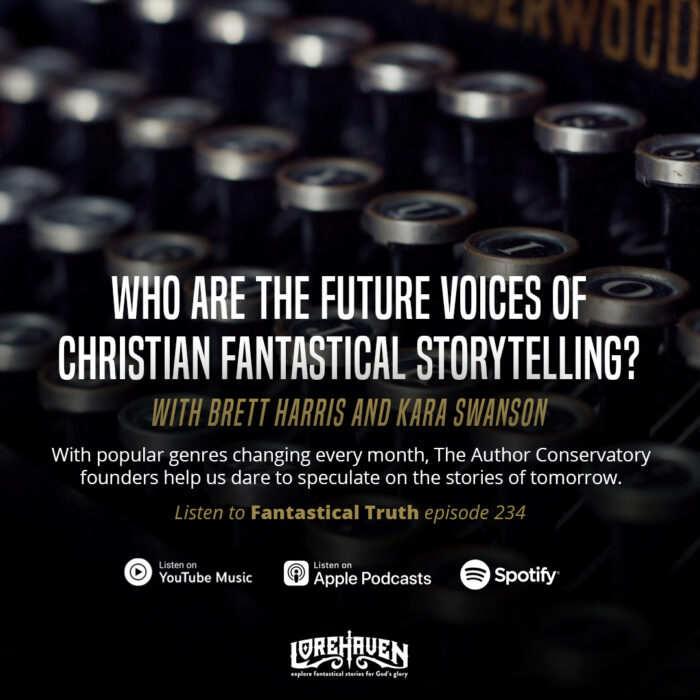


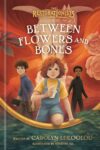
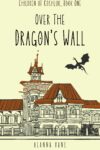




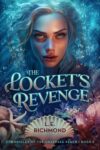
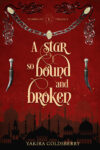
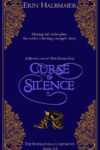

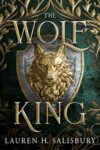


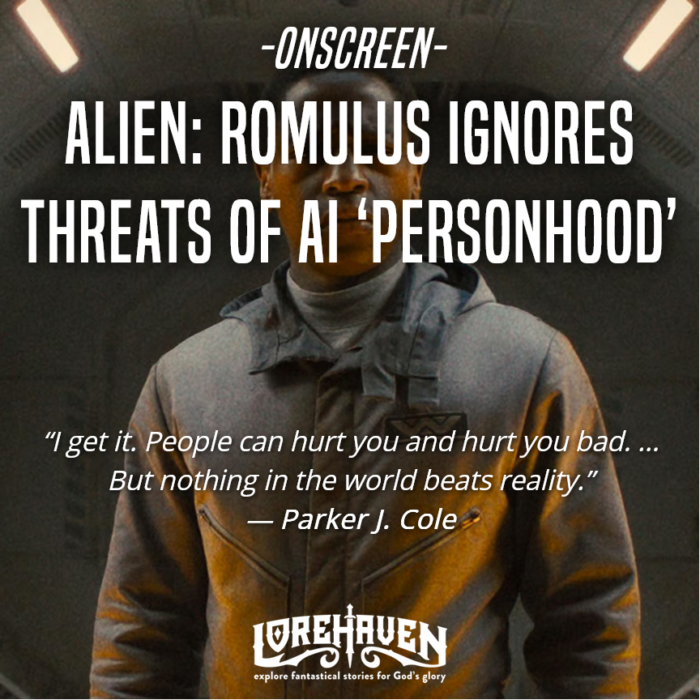











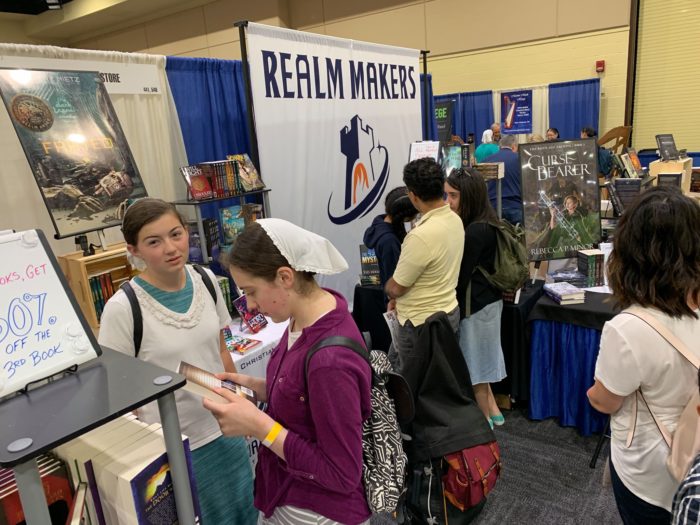
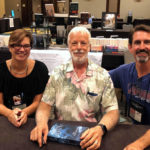






Shoot, that reminds me I’ve missed the local Drag Storytime that happens during Pride. Mostly it’s so I can say I’ve been to one, because otherwise I wouldn’t volunteer to be around children.
I’ve actually heard reliable reports that “drag storytime” is a false-flag operation run by Christian fundamentalists. Maybe that’ll put you off ’em.
Lol ok, that’s actually funny.
Seriously, notleia, maybe you’re just being silly. But even then, such jokes are going to age about as well—in the long term—as James Gunn’s old “hilarious” comic bombs implying support of pedophilia. Today’s “edgy,” “not your momma’s” behavior is tomorrow’s shocking scandals (yes, even in a world that’s constantly craving new novelties and moralities). Take care.
Even if notleia was joking, I doubt her beliefs are just for the sake of being edgy.
Well, I’d be lying if I didn’t admit to 3 confirmed incidences of schadenfreude, but yanking people’s chains is just a side benefit.
I’ve actually interacted with drag queens — not while they were performing, while I was selling them fabric for their next costumes. They actually knew how much they needed and didn’t ask me to unroll a dozen bolts without buying anything. They didn’t quibble about how expensive heavily sequinned fabric is. 9/10, would customer service again. The only thing I found mildly off-putting was that they were extroverts.
All the introverted ones probably order fabric online 😛
Though, joking aside, being introverted/extroverted is more about where someone gets their social/mental energy and whether or not they are primarily initiating or responding. So, it’s not necessarily about how overwhelmingly chatty they are, even if it can be an indicator.
Really? The trope usually goes the other way. Fifty years ago it was motorcycles and tattoos and not using a sugar spoon made you a heathen of questionable respectability, but now it’s an open secret that the dudes with tats and motorcycles are actually big teddy bears you can trust a toddler with.
I love these reports.